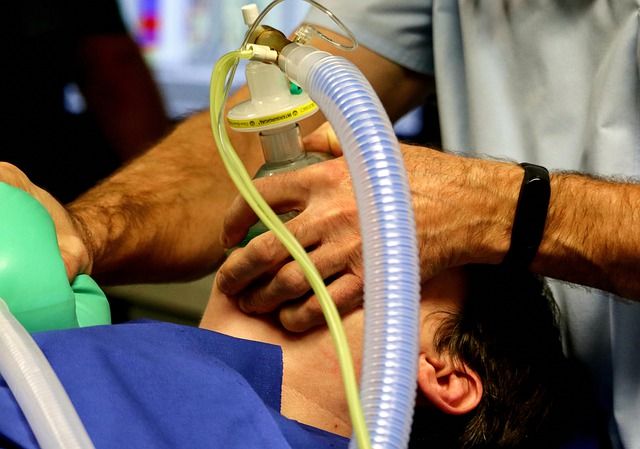A new report from the Region’s clinical quality development program (RKKP) has revealed that, despite making up just a small share of the population, the unvaccinated account for the majority of intensive care patients.
For instance, of the 113 patients admitted to intensive care units in November, 57 percent were unvaccinated.
“It is clear that the relatively small group of people who aren’t vaccinated against COVID-19 are disproportionately represented among the intensive care patients,” said Nicolai Haase, a doctor at the Intensive Department at Rigshospitalet city hospital.
“It is obvious that the vaccines protect against serious COVID illness.”
According to the latest SSI figures, 79 percent of the population had started their vaccination process, while 76.4 percent were fully vaccinated.
READ ALSO: Six-month waiting time for third corona vaccination jab cut from six months to three
Shortage of beds
The report also revealed that there is a shortage of vacant beds in intensive care wards nationwide – only ten available beds across the country on December 6.
There are also fewer beds overall. In February 2021 there were 400 intensive ward beds across Denmark – a number that has dwindled to 310 this month, which is a 22.5 percent decrease.
“Of course, it’s just a snapshot, but it clearly shows what we are seeing in the wards. We are full up,” said Haase.
“We face daily stress factors during which we need to spend time searching for vacant beds. That can involve transferring intensive patients to other departments in the regions or temporarily moving to hospital recovery rooms.”














